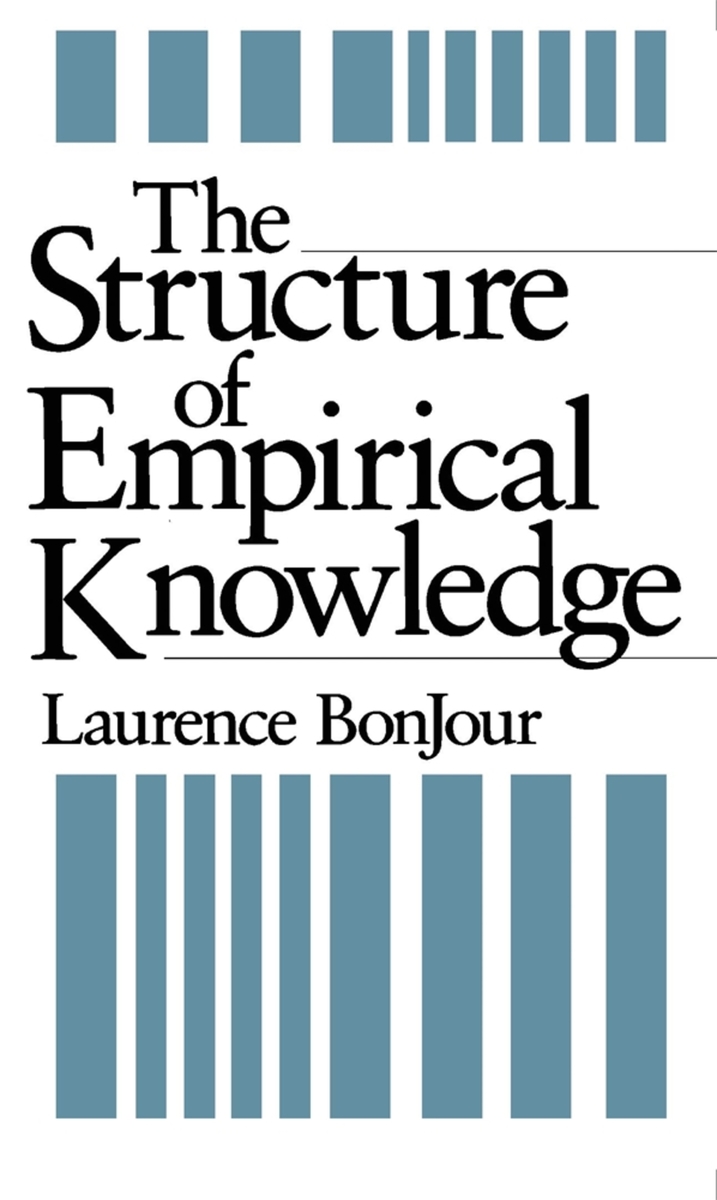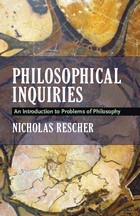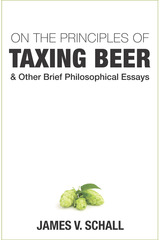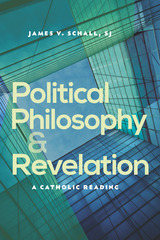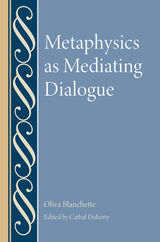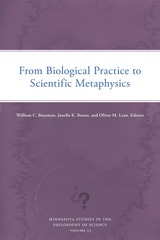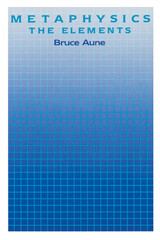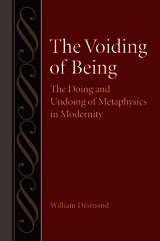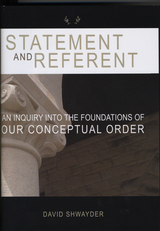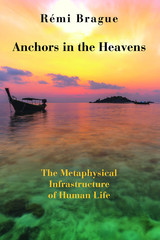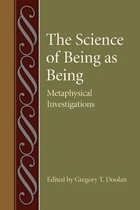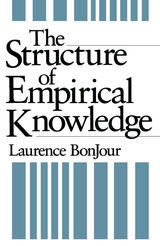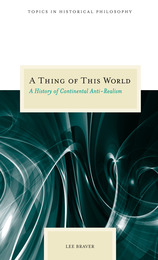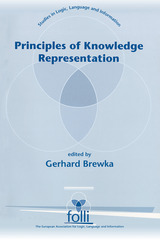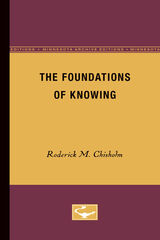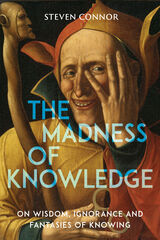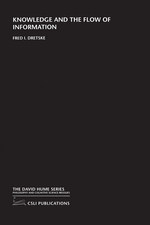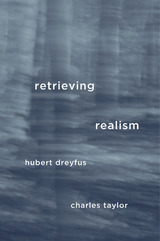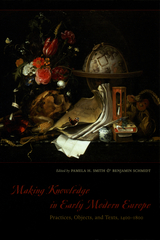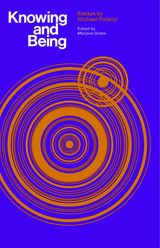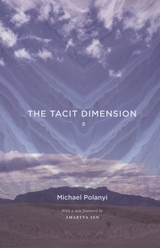eISBN: 978-0-674-26216-4 | Cloth: 978-0-674-84380-6 | Paper: 978-0-674-84381-3
Library of Congress Classification BD161.B59 1985
Dewey Decimal Classification 121
How must our knowledge be systematically organized in order to justify our beliefs? There are two options—the solid securing of the ancient foundationalist pyramid or the risky adventure of the new coherentist raft. For the foundationalist like Descartes each piece of knowledge can be stacked to build a pyramid. Not so, argues Laurence BonJour. What looks like a pyramid is in fact a dead end, a blind alley. Better by far to choose the raft.
Here BonJour sets out the most extensive antifoundationalist argument yet developed. The first part of the book offers a systematic exposition of foundationalist views and formulates a general argument to show that no variety of foundationalism provides an acceptable account of empirical justification. In the second part he explores a coherence theory of empirical knowledge and argues that a defensible theory must incorporate an adequate conception of observation. The book concludes with an account of the correspondence theory of empirical truth and an argument that systems of empirical belief which satisfy the coherentist standard of justification are also likely to be true.
See other books on: Empiricism | Knowledge, Theory of | Philosophy | Structure
See other titles from Harvard University Press
